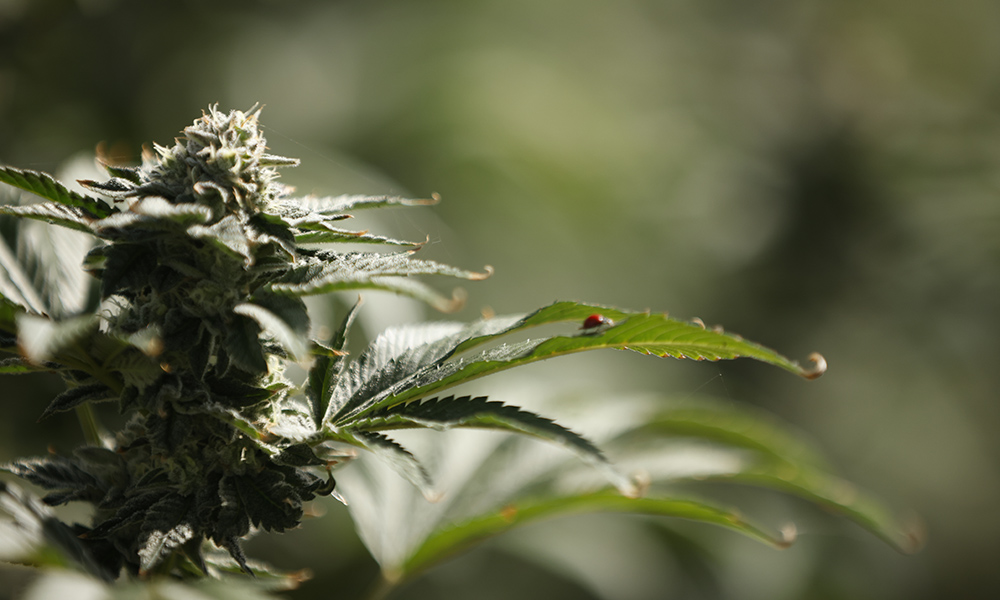
Nestled along the lush coastal climate of Santa Barbara County, one cannabis farm is making waves in the industry with its commitment to sustainability and closed-loop farming practices. Autumn Brands is setting a bold new standard by growing cannabis that is not only clean, but better for the planet, the plant, and the people who enjoy it.
Unlike most fruits and vegetables that are thoroughly washed before consumption, cannabis is not washed after harvest. This means that any pesticides, fungicides, or chemical residues used during cultivation can end up in the final product that is inhaled. Autumn Brands eliminates this concern entirely by never using pesticides in their cultivation process. “Zero pesticides” means zero compromises.
Instead of relying on chemical defenses, Autumn Brands has created a thriving ecosystem of beneficial insects to keep pests in check. This includes a proprietary mix of California native ladybugs that patrol the greenhouse. Co-founder and CFO, Autumn Shelton, explains, “By using zero pesticides, we’ve created a multigenerational, self-sustaining ecosystem where everything, including beneficial insects, can thrive. This not only supports long-term plant health, but also means we’re not disrupting the environment each week with sprays that can change humidity or airflow. A consistent environment makes for happier, healthier plants.”
But their commitment to sustainability doesn’t stop there. Autumn Brands’ farm is built to minimize environmental impact at every stage. They harness natural sunlight in their greenhouses, reducing energy use and carbon footprint. They also have a water recycling system in place, using rainwater and well water to irrigate their crops and significantly reducing water waste. In addition, they strive to minimize plastic use and compost any waste they do produce.
Autumn Brands is not just setting a new standard for clean cannabis, but also for sustainable farming practices. With their commitment to zero pesticides, thriving ecosystems, and minimal environmental impact, they are proving that it is possible to grow cannabis that is not only good for the consumer, but also for the planet.









